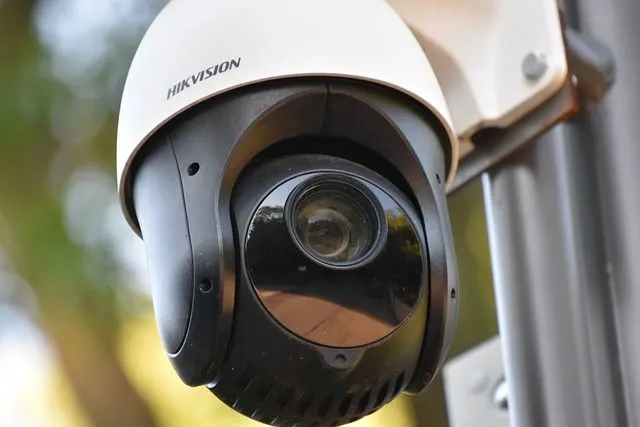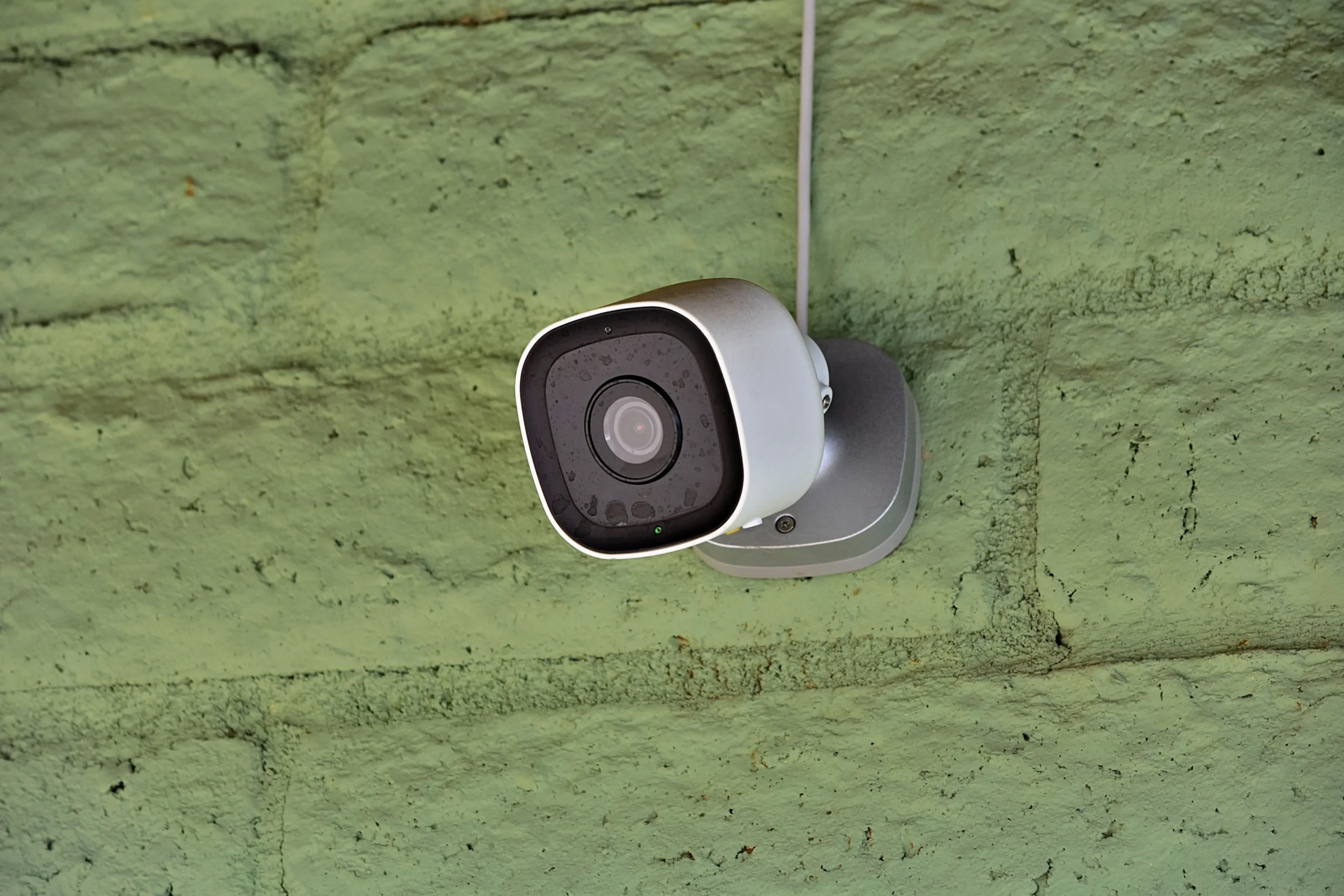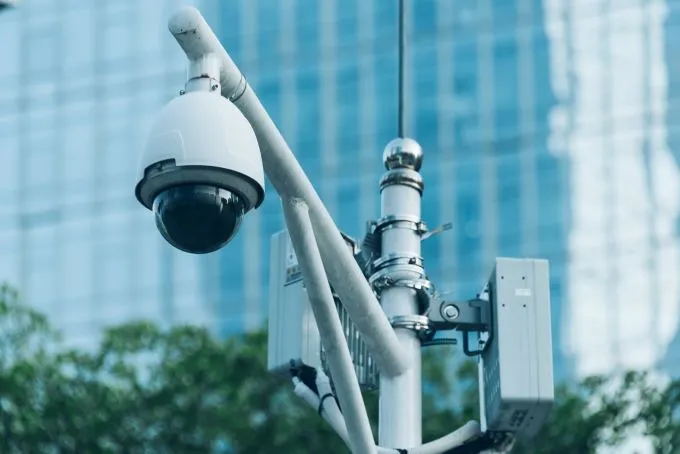
IP Camera Full Form Revealed: A Game-Changer of 2023 in Surveillance!

In this article, we’ll explore the IP camera full form, its significance in the world of surveillance technology, and much more. Whether you’re a tech enthusiast or just curious about security systems, we’ve got you covered
IP Camera Full Form
IP Camera Full Form: An IP camera, or Internet Protocol camera, is a type of digital video camera that transmits and receives data through the internet or a local network. It is commonly used for surveillance and security purposes, providing real-time video and audio streaming to authorized users.In today’s fast-paced world, security is paramount, and surveillance technology plays a vital role in ensuring safety. One key component of this technology is the IP camera. In this comprehensive guide, we will unveil the IP camera full form and provide valuable insights into its functionality, applications, and benefits
.
The Evolution of Surveillance: From Analog to IP
Before we delve deeper into IP cameras, it’s essential to understand their evolution. In the past, analog cameras were prevalent in surveillance systems. These cameras transmitted video signals to a central recording device. However, with technological advancements, IP cameras emerged as a game-changer.

Analog Cameras: The Predecessors
Analog cameras, once the standard in surveillance, had limitations. They required extensive wiring, lacked remote accessibility, and had lower image quality compared to their digital counterparts.

Enter IP Cameras: The Digital Revolution
IP cameras brought a revolution to surveillance technology. They utilize digital data transmission, eliminating the need for complex wiring. This innovation led to superior image quality, scalability, and remote access, making them the preferred choice for security systems.
The Anatomy of an IP Camera
Understanding the components of an IP camera is crucial for grasping its full potential. Let’s break down its key elements
![]()
The lens of an IP camera determines the field of view and image quality. Higher-quality lenses result in clearer and sharper images.

The image sensor captures light and converts it into digital data. It plays a pivotal role in image clarity, especially in low-light conditions.

The processor handles image processing, encoding, and network communication. A powerful processor ensures smooth operation and faster data transmission.
The housing protects the camera from environmental factors like dust and moisture. Outdoor IP cameras often have rugged housing for durability.

IP cameras can connect via Ethernet or Wi-Fi, providing flexibility in installation. Ethernet offers a stable connection, while Wi-Fi is convenient for wireless setups.
Applications of IP Cameras
IP cameras have found applications in various sectors, owing to their versatility and advanced features. Here are some notable uses:

Home Security
Many homeowners use IP cameras for monitoring their properties. With remote access via smartphones, keeping an eye on your home has never been easier.

Business Surveillance
Businesses rely on IP cameras to safeguard their premises. These cameras offer high-definition footage and analytics capabilities, enhancing security.

Public Safety
IP cameras play a vital role in public safety, helping law enforcement agencies monitor public spaces and respond to incidents swiftly

Traffic Management
In urban areas, IP cameras assist in traffic management, monitoring congestion, and enhancing road safety
Advantages of IP Cameras
The adoption of IP cameras has been driven by their numerous advantages
High-Quality Footage
IP cameras deliver sharp and clear video and audio quality.
Remote Accessibility
Users can view live footage from anywhere with an internet connection.
Advanced Features:
They offer features like motion detection, night vision, and two-way audio.
Popular IP Camera Brands
hikvision
Hikvision IP cameras are cutting-edge surveillance devices that utilize Internet Protocol (IP) technology to transmit video and audio data over the internet or a local network. These cameras are designed to provide crystal-clear images and remote access, making them ideal for various applications, from home security to large-scale commercial installations.
cP Plus
One of the leading names in the realm of security cameras is CP Plus. In this comprehensive guide, we will delve into the world of CP Plus IP cameras, exploring their features, benefits, and how they can elevate your security game.
Watch outDahua
The need to safeguard our homes, offices, and valuable assets has driven the rapid evolution of surveillance technology. One such innovation that has taken the security industry by storm is the Dahua IP camera.
Watch outIP Camera Components
Network Video Recorder
Network Switch
Network Cable
hard Disk Drive
Future Trends in IP Cameras
As technology continues to evolve, so do IP cameras. The future of IP cameras holds exciting possibilities, including enhanced AI capabilities, improved video analytics, and integration with smart home devices.
Conclusion
In conclusion, an IP camera, short for “Internet Protocol Camera,” has transformed the world of surveillance and security. Its ability to deliver high-quality video and audio data over an IP network has made it an indispensable tool in various industries and applications. As technology advances, we can expect even more innovative features and applications for IP cameras.
FAQs
- What is the primary function of an IP camera?
- The primary function of an IP camera is to capture and transmit video and audio data over an IP network.
- How does an IP camera differ from an analog camera?
- IP cameras use digital technology and the internet for data transmission, offering higher-quality footage and remote accessibility compared to analog cameras.
- What are some popular IP camera brands?
- Popular IP camera brands include Nest, Arlo, Hikvision, and Dahua, among others.
- Are there security concerns with IP cameras?
- Yes, security is a concern, and it’s essential to implement proper network security measures to protect IP camera systems.
- What does the future hold for IP cameras?
- The future of IP cameras includes enhanced AI capabilities, improved video analytics, and integration with smart home devices, among other innovations.
